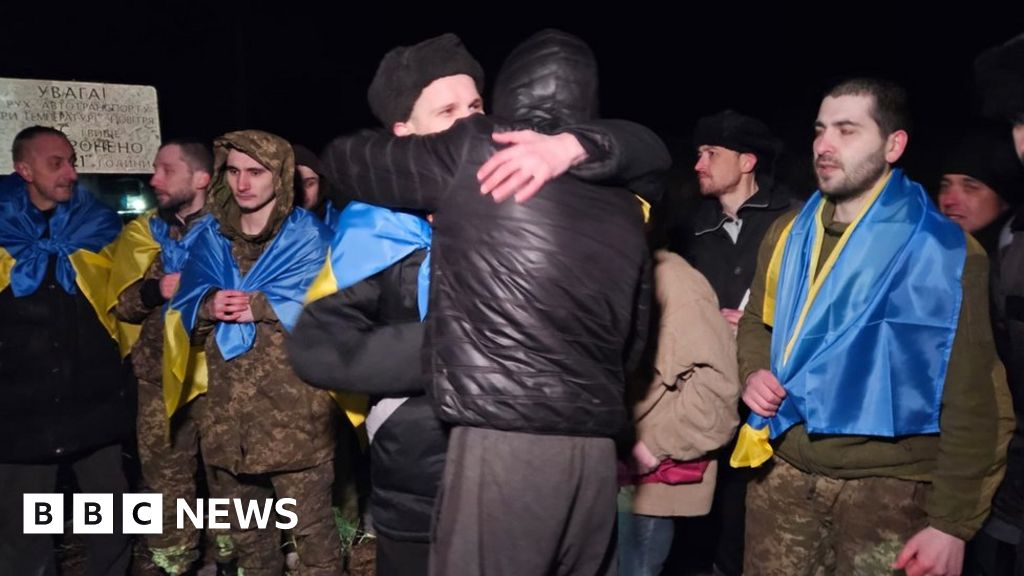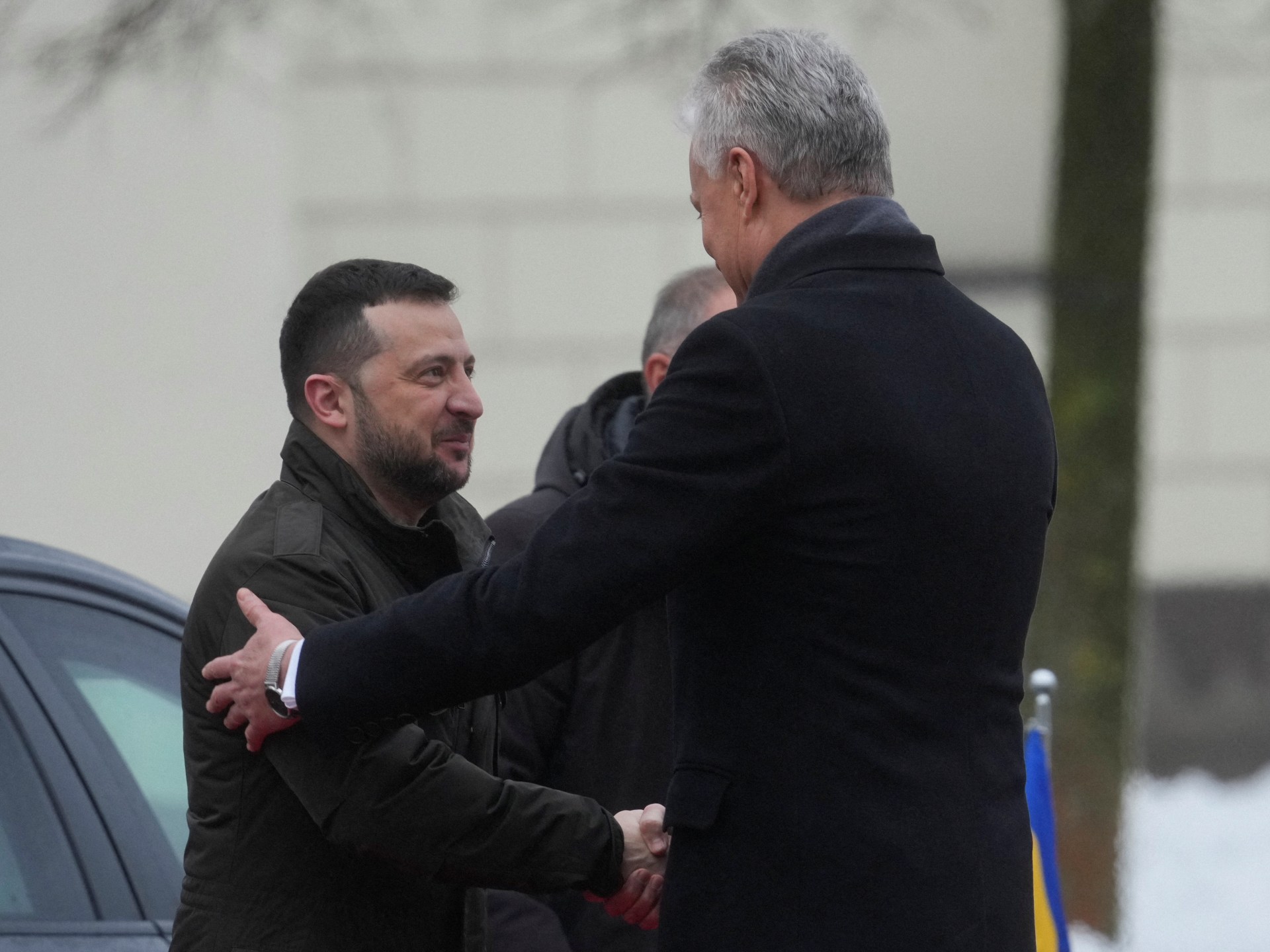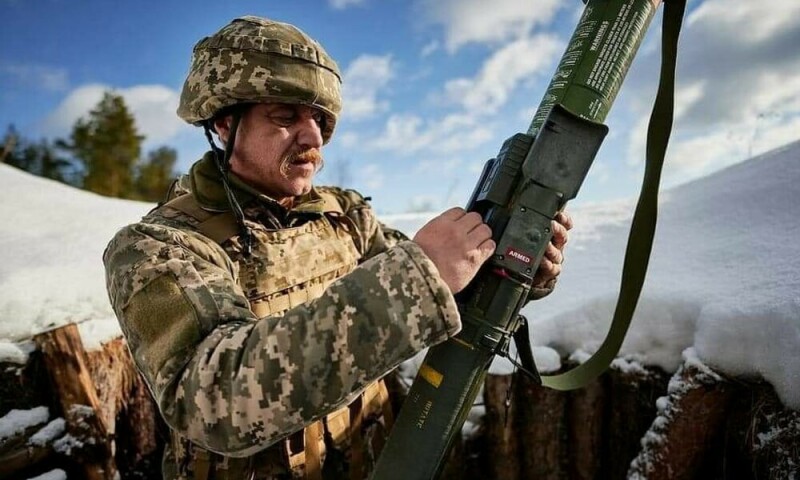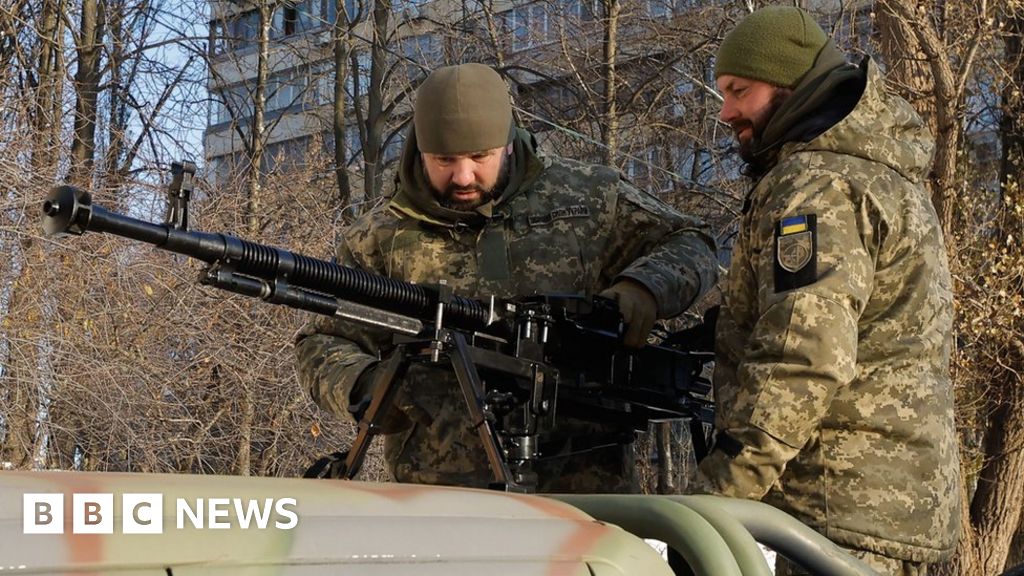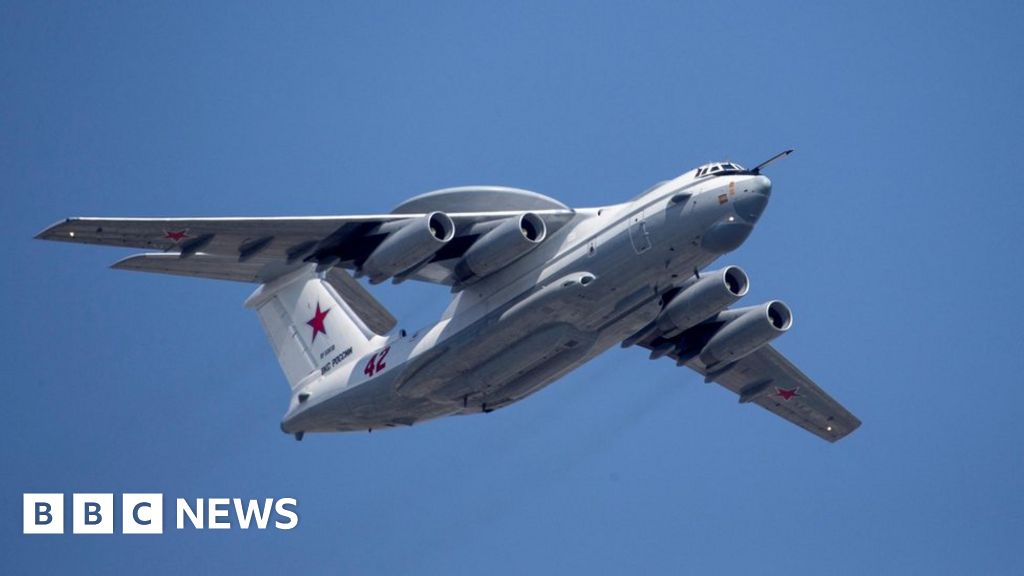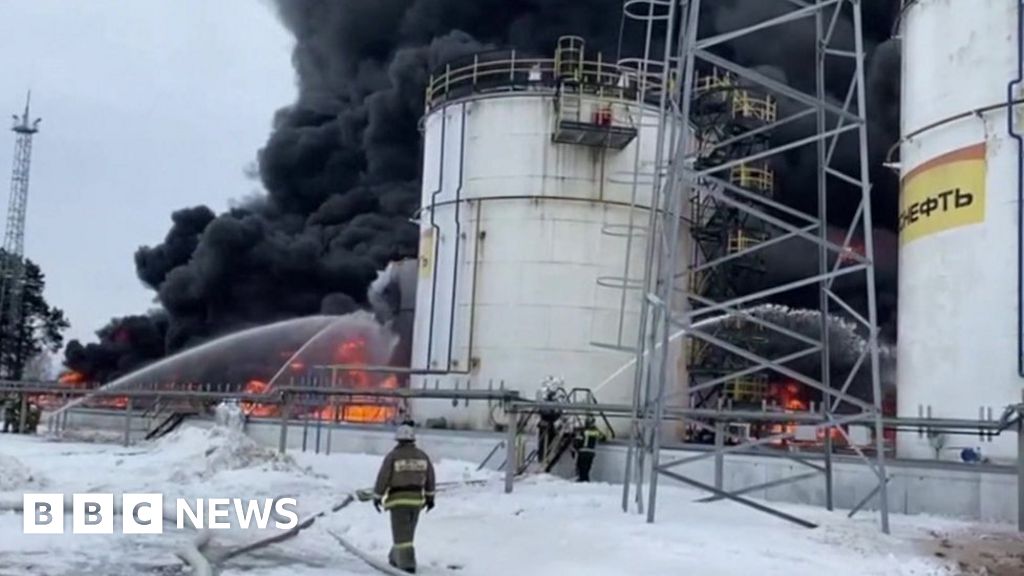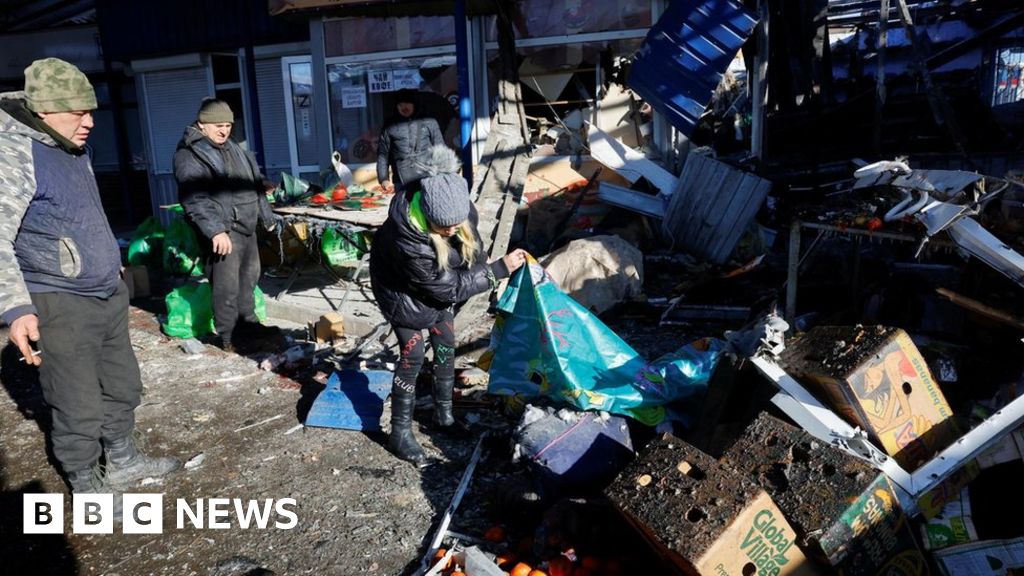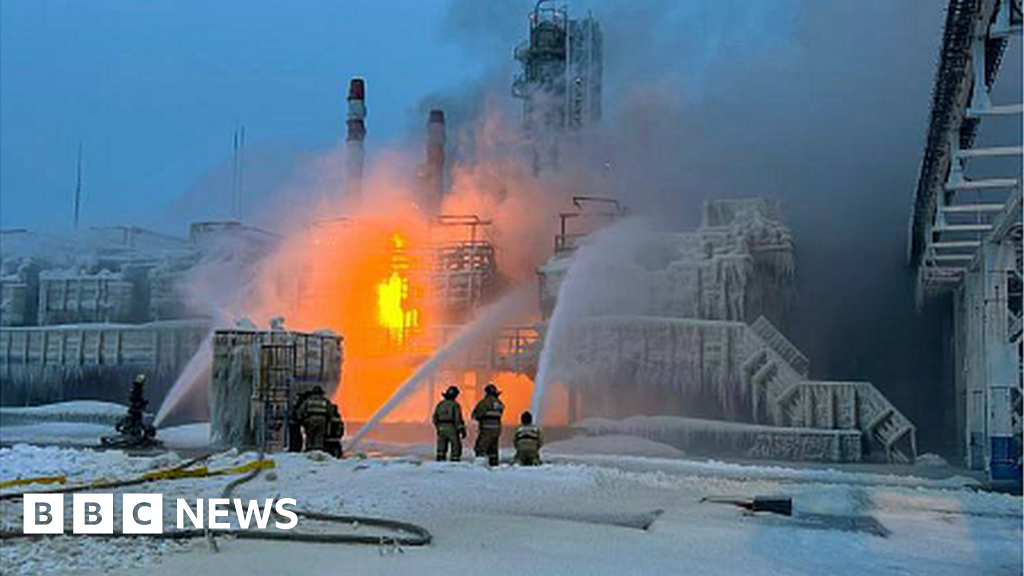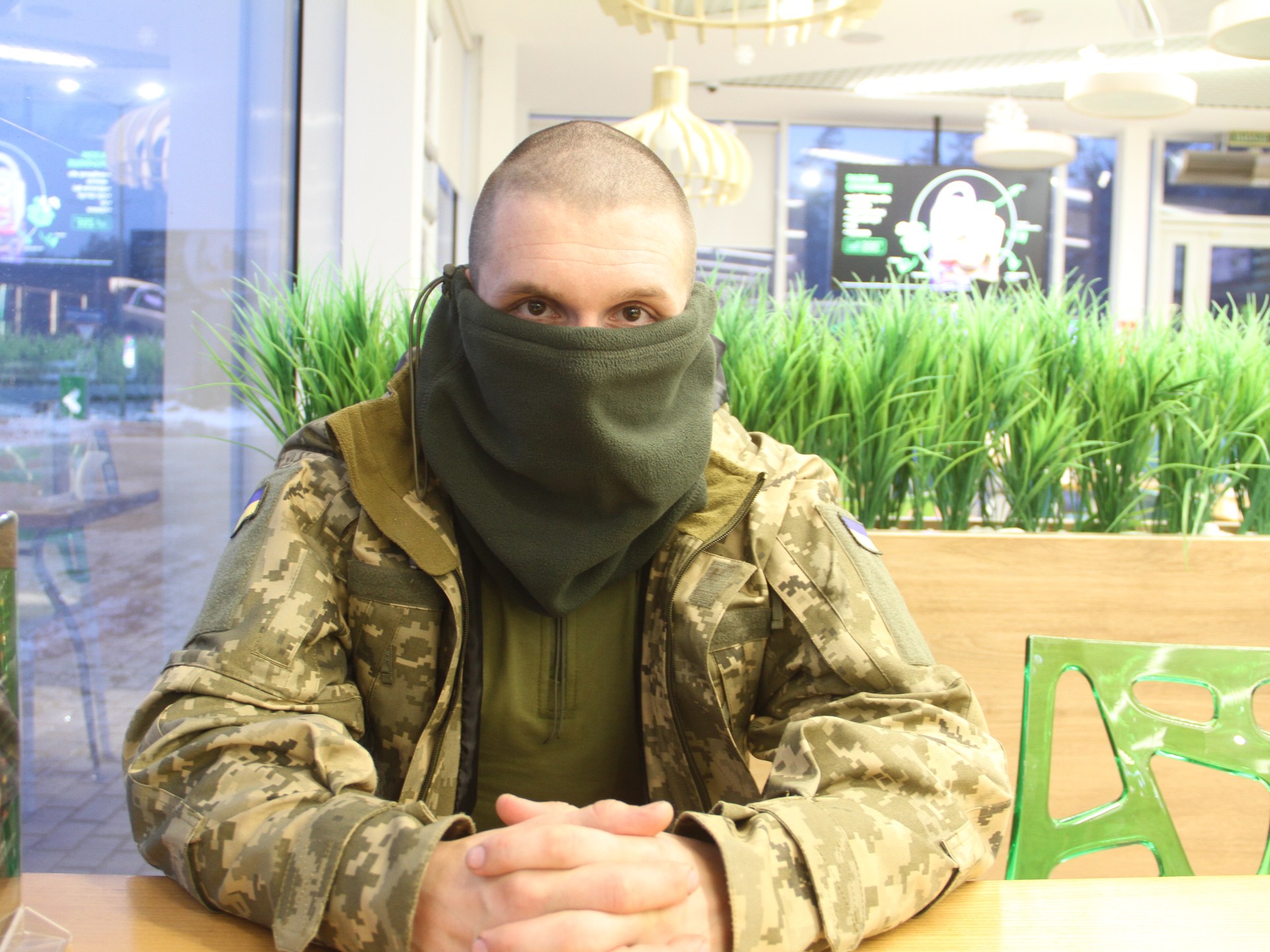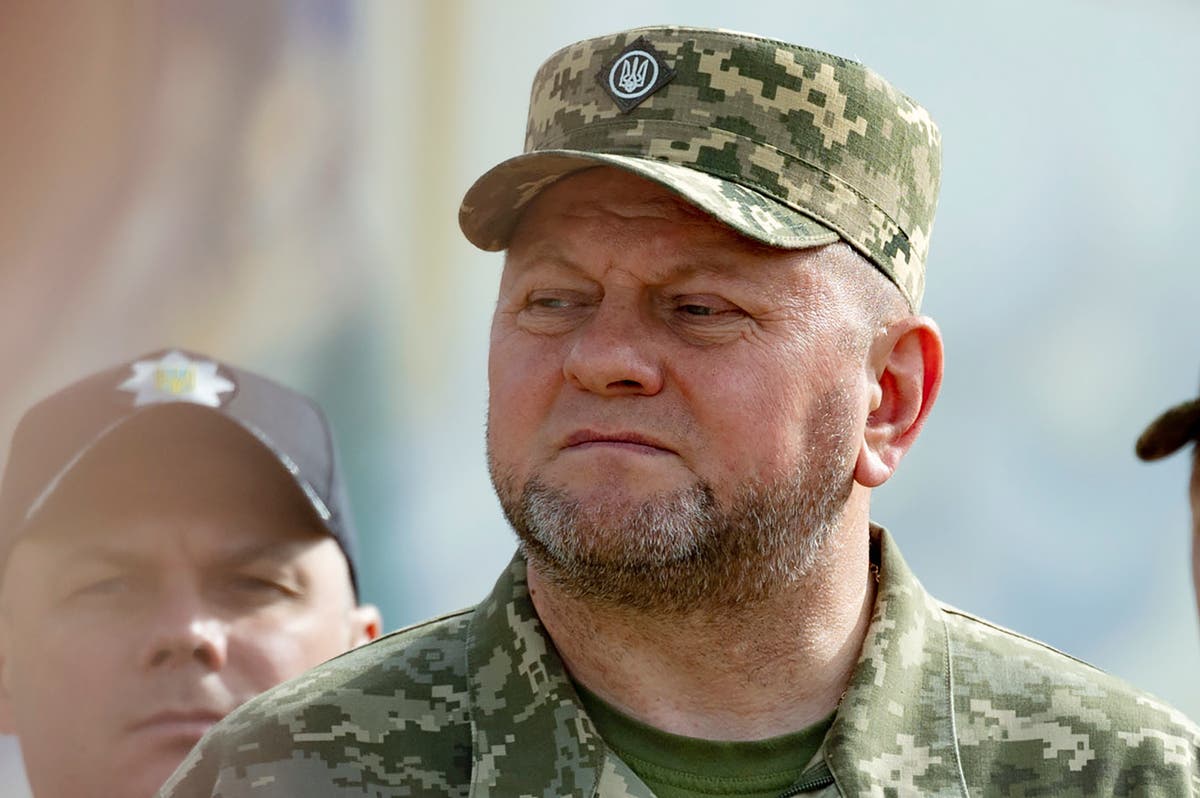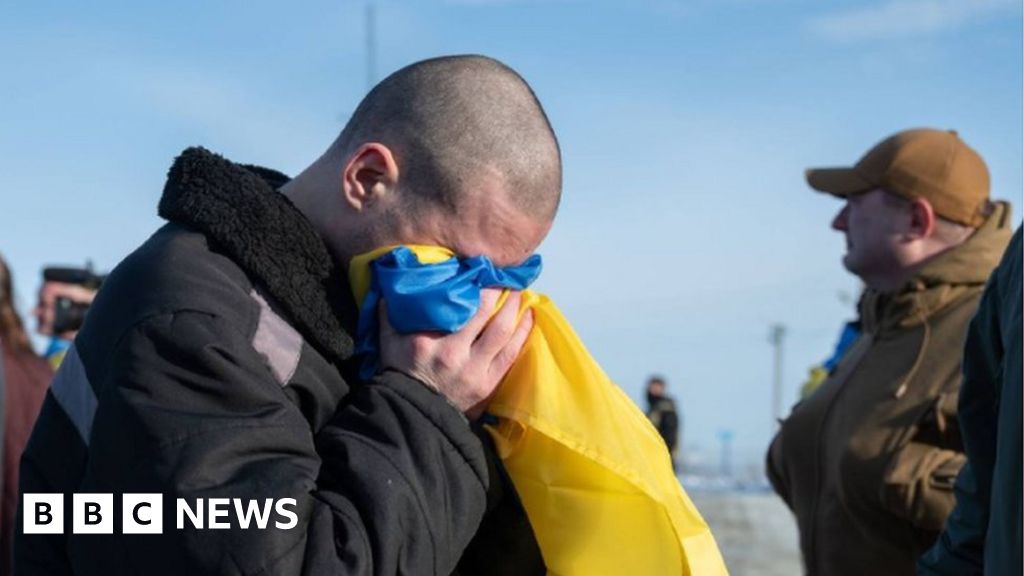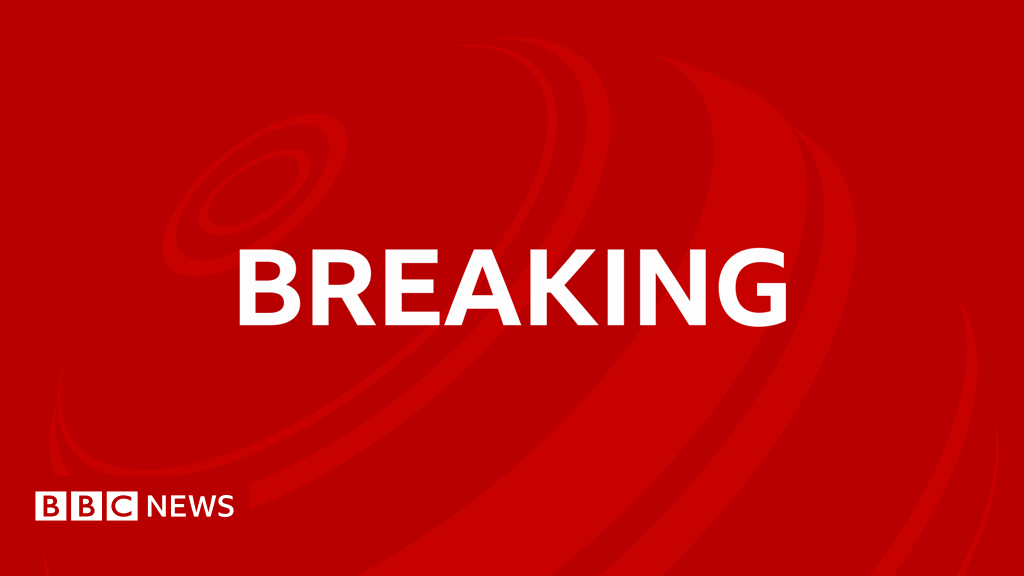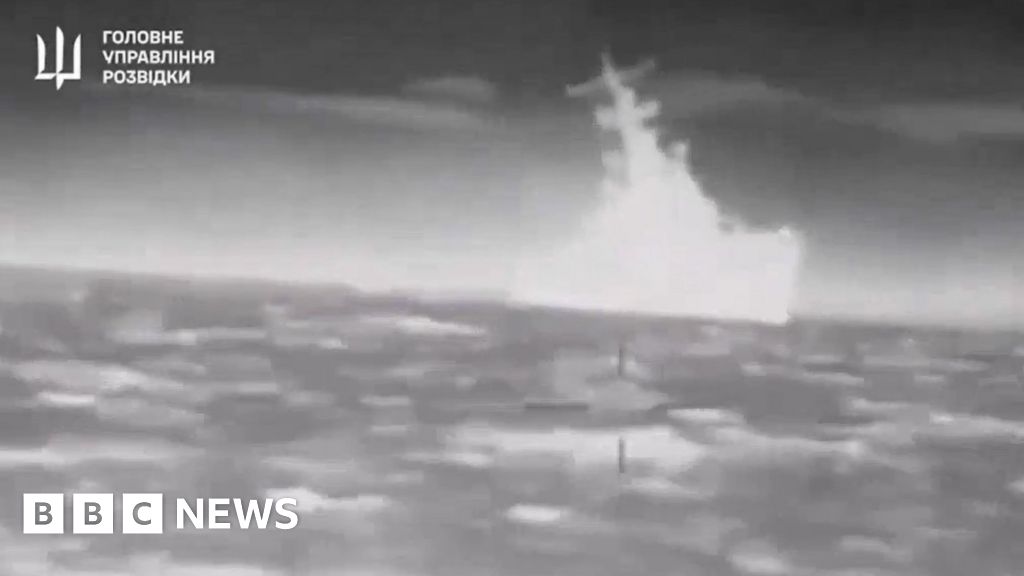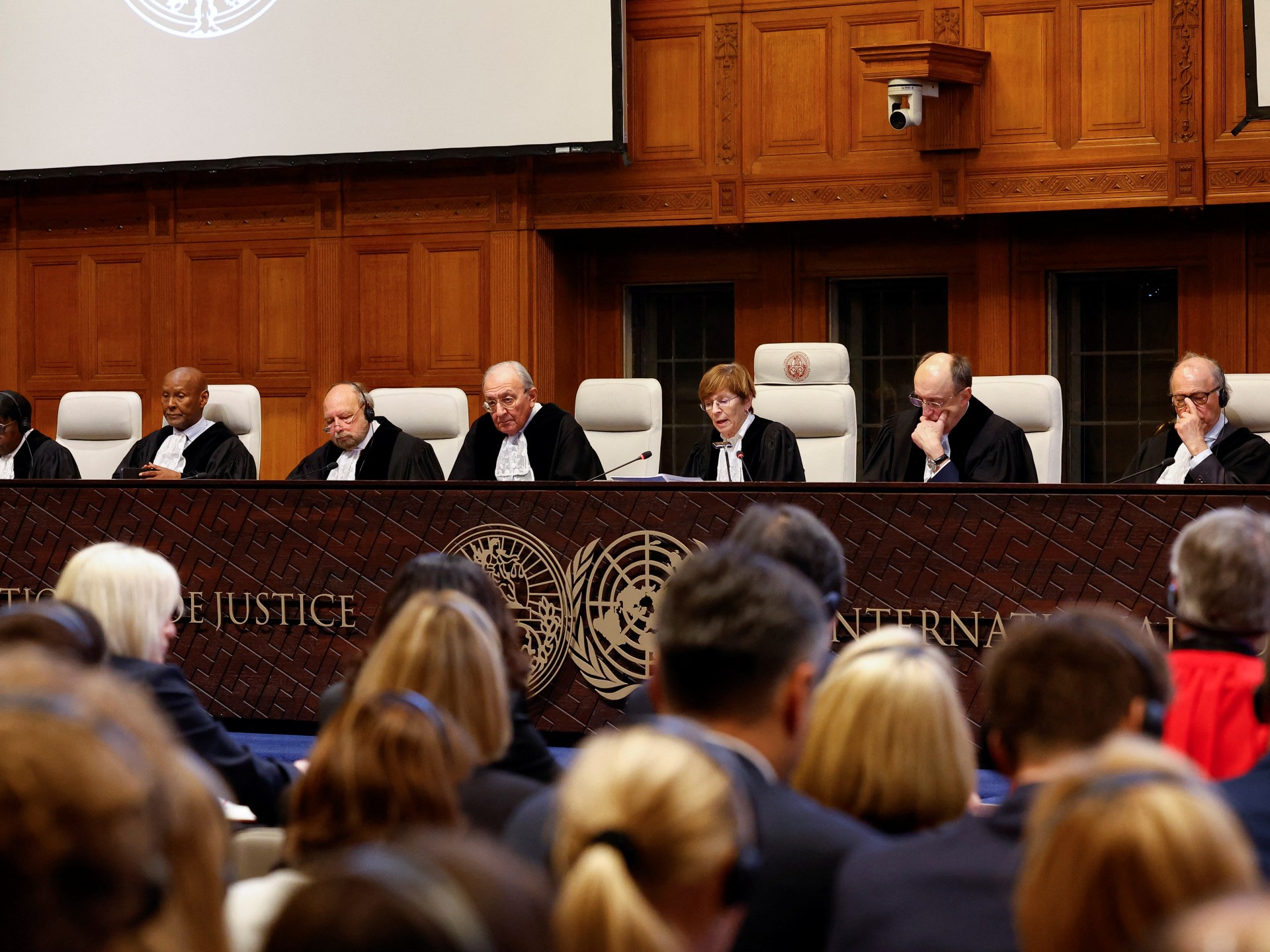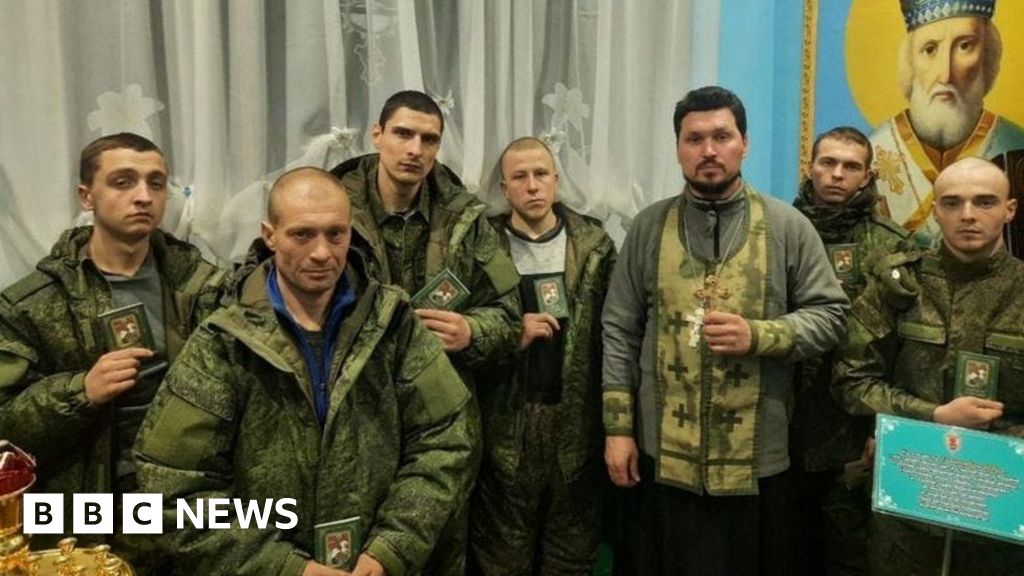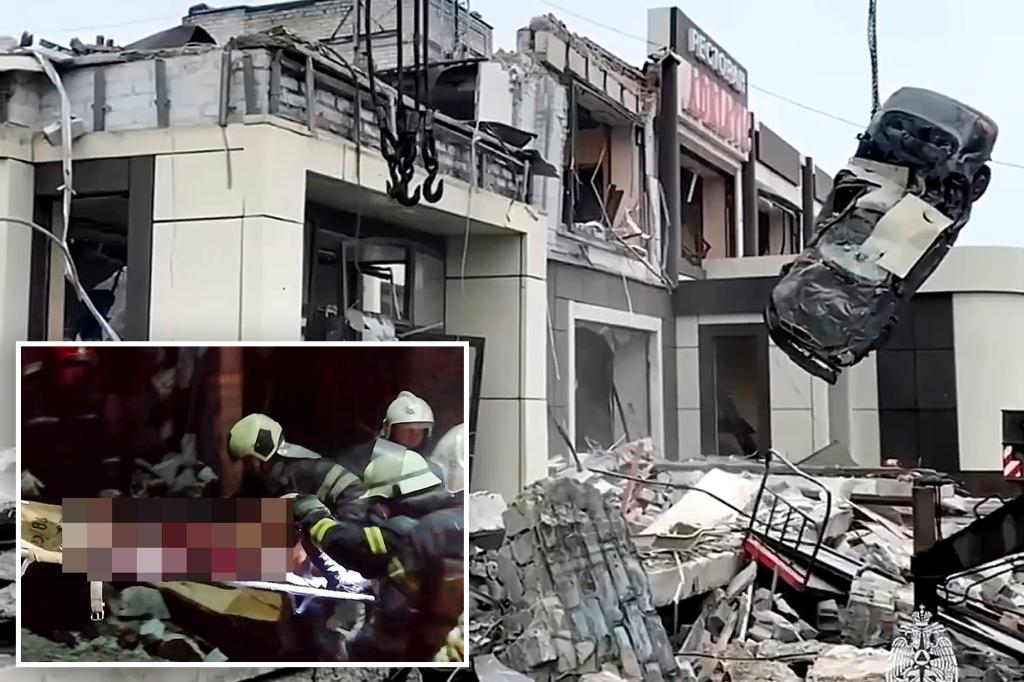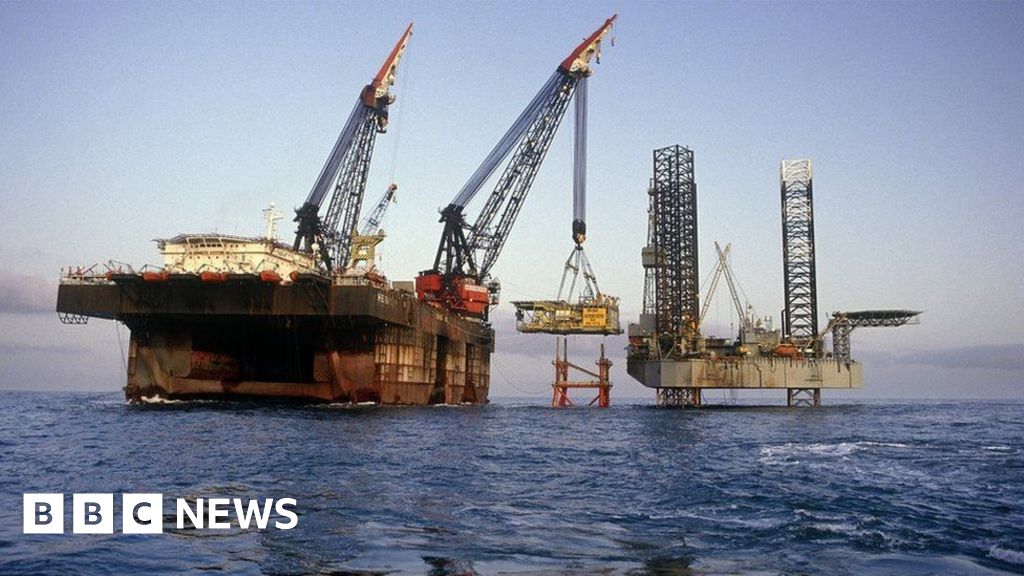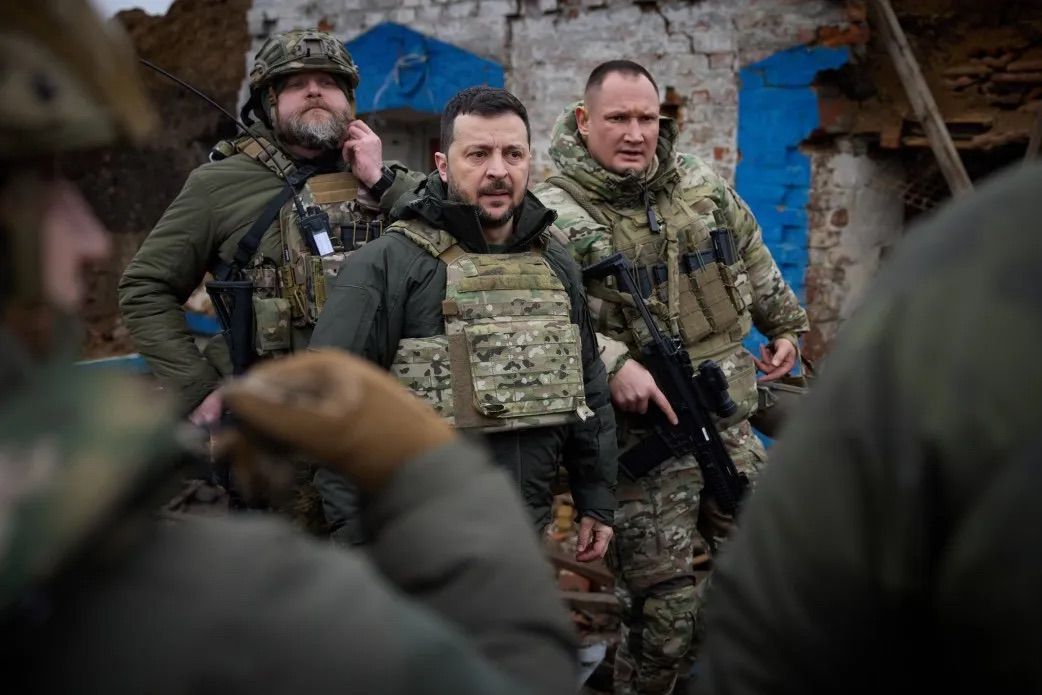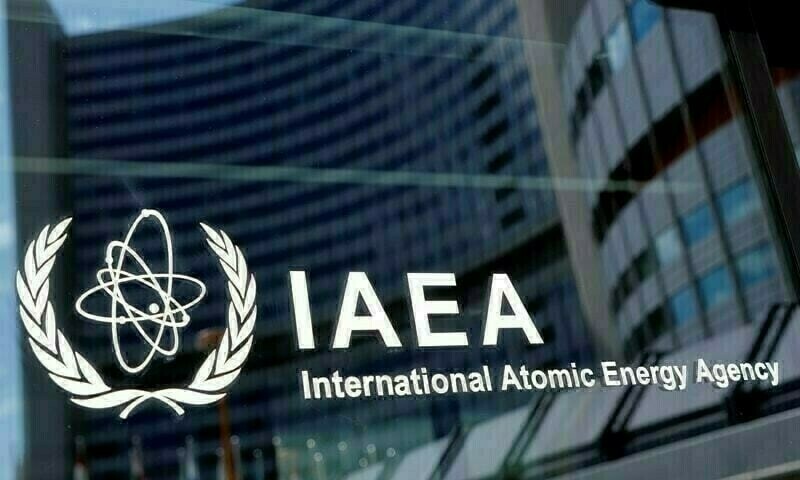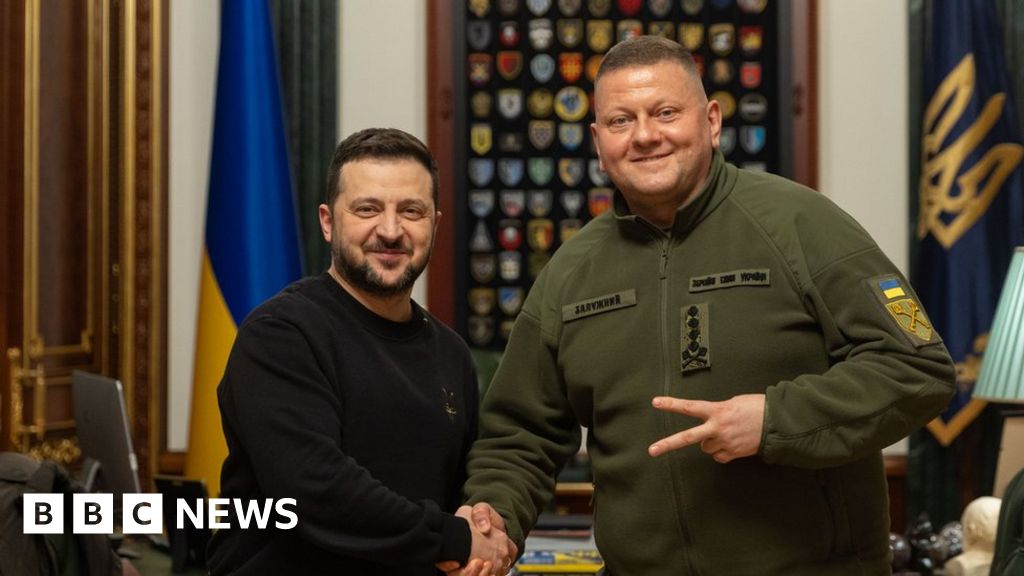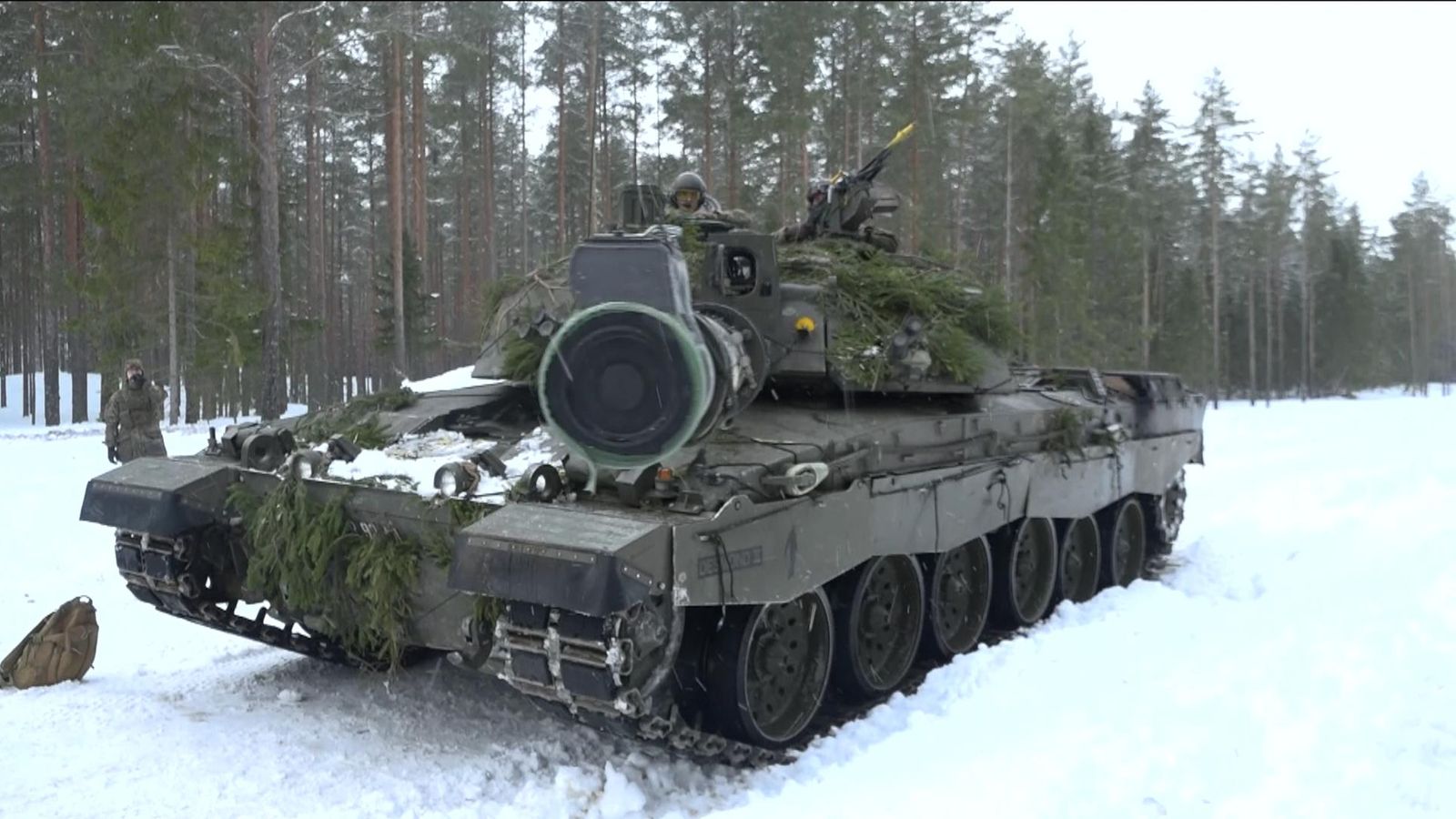Ukraine levels up the fight with drone strikes deep into Russia
Last week, a motorist driving in Russia’s Leningrad region came across something unusual. Men had blocked off the road. In front, a large olive-green military vehicle with cigar-shaped missiles on the back was reversing and then parked up on a snowy verge. “****! It’s an S-300,” the driver exclaimed, before adding: “So guys, let’s prepare for the worst.”
This surreal roadside encounter took place outside St Petersburg, more than 620 miles (about 1,000km) from the border with Ukraine and Russia’s near two-year all-out war. The Kremlin’s security services were apparently taking no chances. They were deploying the S-300 air defence missile system in order to protect Peter the Great’s imperial capital from small but devastating drones.
Over the past three weeks, Ukraine has wreaked havoc with Russia’s energy infrastructure. Soon after the new year, someone attached explosives to train carriages in the Urals city of Nizhny Tagil. A blast took place next to facilities owned by Gazprom Neft, the country’s third biggest oil producer. Next, a kamikaze drone crashed into an oil depot in the Oryol region.
On 18 January, another oil terminal, in St Petersburg – Vladimir Putin’s home city – came under attack. It was the first time since the invasion in February 2022 that unmanned aerial vehicles had reached the Leningrad region.
There was more to come. A large-scale fire broke out at an oil depot in the town of Klintsy, not far from Belarus and Ukraine.
Three days later, drones hit the Baltic port of Ust-Luga in the Gulf of Finland and a main oil terminal belonging to the Novatek company. It supplies fuel to the Russian army, while other shipments go to Asia. An orange fireball lit up the sky. Witnesses described the explosion in apocalyptic terms. “When it blew up, the earth trembled,” said one employee, speaking to the Fontanka news agency.
By last week, the evidence of a new and sustained attack against a crucial part of Russia’s economy was impossible to ignore. On Wednesday, a drone hit the Tuapse oil refinery in southern Russia on the Black Sea. Flames from the burning refinery were visible above an inky skyline. Nearby, the airport in Sochi – Putin’s favourite resort, famed for its pebble beaches – was forced to close.
So far this year, Ukrainian drones have struck at least four Russian oil and gas terminals across the country. The attacks are part of a growing asymmetrical campaign by Kyiv to cripple the industry and to deprive Moscow of the billions of dollars in global revenue it uses to fund its war. About half of Russia’s $420bn export earnings last year came from oil.
“Russia finances its military from oil exports. You can’t persuade countries like India and China to stop buying it. So you knock out Russian oil refineries,” said Illia Ponomarenko, a former defence reporter for the Kyiv Independent newspaper. He added: “You can do a lot of damage to the Russian economy.”
Ponomarenko described the strategy as “smart warfare”. Others have called it “one of the boldest moves of the entire war”. The strategy acknowledges that Russia’s conventional military is far greater than Ukraine’s and that the gap is unlikely to close anytime soon.
After his early failure to seize Kyiv, Putin has ramped up arms production, transforming Russia into a war economy, and he has sourced additional munitions from North Korea.
Putin’s armed forces now have more of everything: shells, armoured fighting vehicles, tanks, ballistic missiles, aviation and infantry strike groups. Ukraine, meanwhile, is having to ration its use of artillery as western supplies dwindle and as Republicans in Congress continue to block $61bn in security assistance to Volodymyr Zelenskiy’s government.
The one area where Ukraine has an edge, arguably, is in its innovative drone production. Both sides use drones extensively. But Kyiv now appears to have developed technically sophisticated attack models that can fly long distances, striking targets deep in Russia’s rear.
Numerous private Ukrainian companies are also involved in building and testing drones.
The Russians seem increasingly worried. The oil and gas industry – which fuelled Russia’s comeback on the world stage – now looks like an achilles heel.
Days after the strike near St Petersburg, local authorities warned of further incidents. “A high-alert regime has been declared at critical infrastructure facilities in all districts,” the Leningrad region’s press service announced on the Telegram messaging app.
The attacks have another advantage for Ukraine’s hard-pressed military. They have forced Russia to move some air defence assets away from the frontline to defend newly in-range cities. There are growing dilemmas too for Russia’s general staff. Meanwhile, drones flying overhead are an increasingly common sight, forcing ordinary Russians to take notice of a war many prefer to ignore.
Gleb Molchanov, a drone operator shows off a Chinese made Mavic 3 drone. The model can be fitted with grenades and a thermal camera.
Ukraine’s SBU security service has claimed responsibility for these sabotage missions. Kyrylo Budanov, the high-profile head of military intelligence in Kyiv, may also be involved in these well-executed operations. “It has his touch. Whenever there are lots of juicy pictures for media, Budanov is probably there,” said Ponomarenko, adding: “He really appreciates the attention.”
The drones used to hit Russia are almost certainly produced inside Ukraine. This allows Kyiv to get round restrictions imposed by the US and some other allies on using western-supplied arms to attack Russian territory. Jake Sullivan, the US national security adviser, is widely believed to have formulated these red lines, with the support of CIA director William Burns.
According to Anders Åslund, a former Atlantic Council senior fellow, Sullivan has advised Zelenskiy not to try to recapture Crimea or to strike the Kerch Bridge that connects the occupied peninsula with Russian territory. Sullivan’s apparent reasoning is that this may spark a nuclear war. Kyiv, however, does not agree and frequently targets Crimea.
Åslund pointed out that Russian oil production was “highly concentrated” around just two cities, St Petersburg and the Black Sea port of Novorossiysk. “We would expect Ukraine to hit further refineries, depots and export ports in these areas,” he said on Twitter/X, adding: “By insisting on being independent from transit countries, and maltreating them, Russia has made itself vulnerable.”
Sergey Vakulenko, an oil expert at the Washington-based Carnegie Endowment for International Peace, said drones could not destroy a whole Russian refinery because modern firefighting equipment was available and so far the fires had been put out in a few hours. But he calculated that 18 Russian refineries producing 3.5m barrels of oil a day collectively were now within range of drones. All were “possible targets”, he suggested.
Speaking in Kyiv last week, one military intelligence official said Ukraine’s international partners had previously been squeamish when it came to the question of attacking Russia directly. This was changing, he said: “The EU and US were reluctant. They didn’t want to provoke. Now they understand the situation better. It’s about 20% more.”
At a time when Russia is pounding Ukrainian cities– with at least 18 people killed on Tuesday in Kharkiv and Kyiv – the drone attacks boosts morale. “They raise spirits at home. We are not only being bombed but we are bombing,” said the novelist Andrei Kurkov. . Asked if it made him feel better, he replied: “It works in my case, definitely.”
Source: The Guardian






